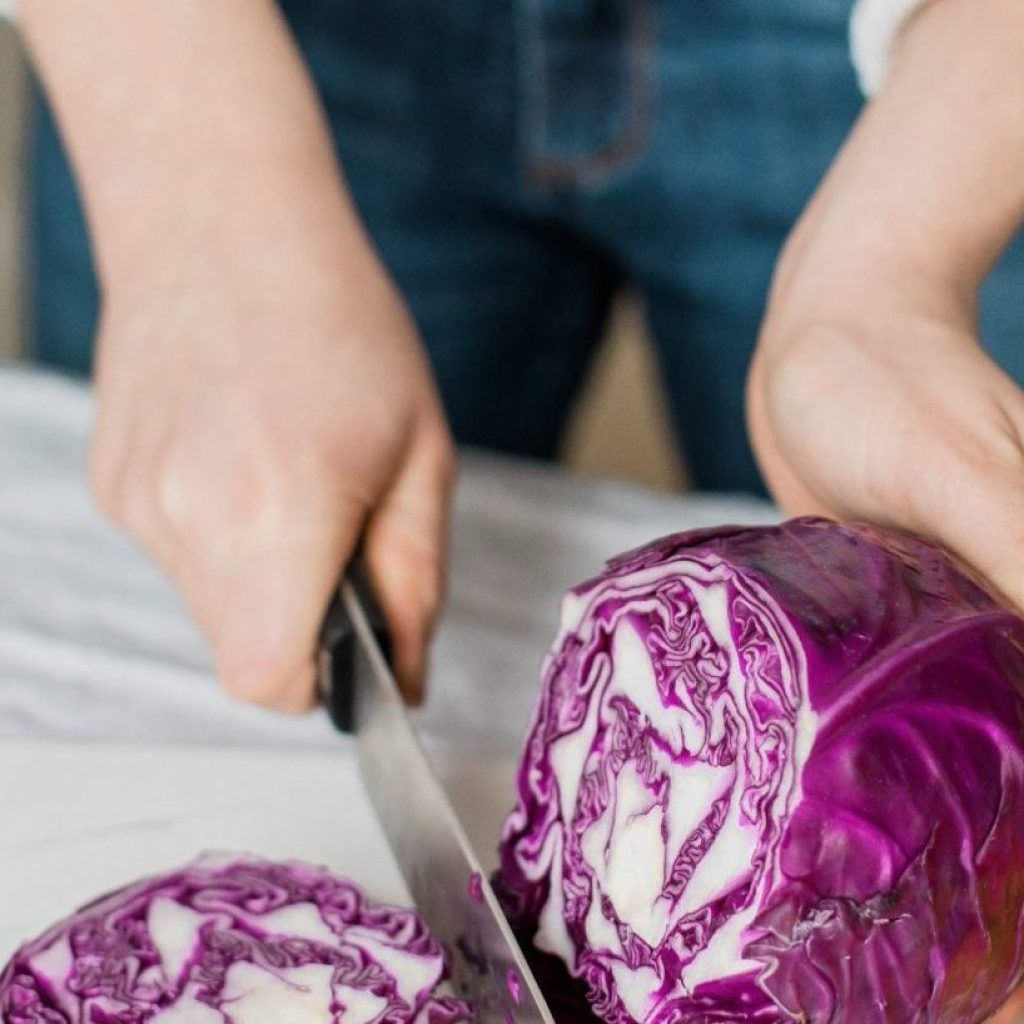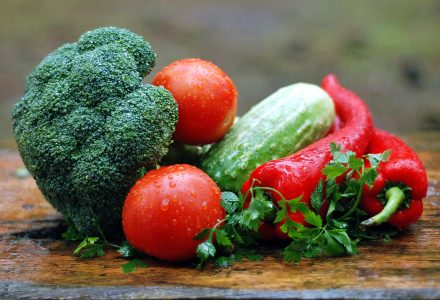Your gut health plays a foundational role in your overall wellbeing. That isn’t only true for those with digestive diseases such as coeliac disease. Most of us can connect we a feeling of digestive sluggishness and bloating after a few weeks of the festive seasons. When digestive issues get very riled up, some people also often feel inflammation throughout the rest of their body, manifesting as join and muscle aches, foggy thinking, and headaches.
We need a healthy gut to digest food correctly helping us absorb all the right nutrients needed to feel awesome. The state of our immune system, skin, hair and energy also all rely on the health of our gut. That’s why it is so important to look after it.
Even after some people have identified some important food sensitivities such as gluten and dairy, it can be common for those with pre-existing gut issues such as coeliac disease to have ongoing problems. Digestive issues can present in a myriad of ways, from abdominal distention, reflux, pain, and either too frequent, not frequent enough or mixed type bowel motions.
The reasons for digestive issues can come down to a wide range of triggers including inadvertent gluten exposure, indigestion, other unidentified food intolerances (such as lactose and fructose intolerance), bacterial or fungal overgrowth, and disruption to the gut brain-axis from chronic stress or past trauma.
Whether your gut needs some tender loving care to get things back into balance or if things are just not flowing as great as they used to be, here are our top suggestions for restoring healthy gut balance.
Switch to whole foods
One of the most powerful things we can do on a daily basis to reduce inflammation and support our gut health is by embracing natural minimally processed whole foods. That means having food from packets as little as possible and sticking with mostly foods founds on the perimeter of our supermarket. Industrially processed foods often contain highly refined ingredients such as sugar, refined flours, processed industrial seed oils, and other man-modified ingredients. Choosing more whole, unprocessed foods is about getting back to basics, just as nature intended. Overall all, natural foods are more nutrient-dense and play an important role in feeding or gut lining and gut bacteria for optimising digestive and immune health.
Starve the bad guys: Cut out Sugar and Refined Carbohydrates
A great place to start with whole-food is by cutting down on added sugars and other highly refined carbohydrates. This includes most commercially made packaged foods such as biscuits, bars, crackers, breads, breakfast cereals, as well as sugar-sweetened foods and drinks such as juice. Both sugars and flours are highly refined foods which offer nearly no nutritional value and do very little for supporting or gut microbiome. There are only benefits to be gained from cutting down sugar and refined flours to opt for minimally processed alternatives.
Sugar and flour are rocket fuel for many gut-dwelling pathogens. We know some gut bugs are good, but an overgrowth of bacteria and yeasts can be associated with digestive symptoms such as bloating, pain, and altered bowel habits. Limiting or eliminating refined foods can be a really helpful move in the right direction toward a healthy microbial balance by cutting off highly available fuel for these microbes. Whole fruits and vegetables are ideal replacements for refined flour and sugar; they provide nourishment to the good bacteria and help to support balance against the not-so-good microbes.
Feed the good guys: Eat a bounty of vegetables
A healthy gut thrives from being fed plenty of colourful fresh foods. Vegetables, fruit, nuts, and seeds are rich sources of essential vitamins, minerals, essential fatty acids, and phytonutrients. Not only do they provide building blocks to fortify intestinal cell strength and function, they also fuel healthy gut bacteria and immune cells.
Vegetables should form the bulk foundation of our diets. For optimising digestive health, it’s about aiming to source a wide variety nutrient combinations and polyphenols which best support the delicate microbial balance in our guts.
Rich coloured plant foods (reds, purples, blues, blacks) contain many unique compounds called polyphenols which are antioxidants that are known to feed healthy gut bacteria and offer powerful anti-inflammatory properties. As a guide, it’s great to aim for all the colours of each family plant as they come in season year-round.
Tackle the lifestyle
Of course, we know making the right choices for our gut health is about so much more than just choosing the right foods. How well we’re sleeping, how often we move, and how we manage stress connect very closely with digestive issues.
Certainly, when living gluten free, we’re faced with many challenges which go up and beyond just knowing what the right choices are – it’s about how we can actually make them work in real life. The same can be said for other lifestyle changes which may be just as important modulators of our gut health.
Coming toward the New Year this is the time many of us reflect on goals and lifestyle changes that are desirable for our 2019 health and wellbeing. This might mean looking at anything from eating more natural whole food, to earlier bedtimes, to getting up sooner to make it outside for a morning walk before work. Stress isn’t something that’s going to magically disintegrate when we choose to live healthier, but it’s about having the strategies in place that mean we’re more resilient to daily demands.
Our overall mindset about how we prioritise healthy lifestyle choices comes as a major piece to the puzzle. Aiming to set healthy lifestyle changes first starts with choosing what you really want your end six-, twelve-month, or three-year health and wellness result to look like. It takes daily consistent efforts to create lasting change. Often to get there, we need to keep reminding ourselves of what it’s going to really mean for our confidence or energy if we really tackle these gut issues for good. Especially when it comes to something as complicated as gut health, it can take a long time for our entire ecosystem of bacteria to re-organise and balanced themselves.
In summary..
While there still might not be many elements of gut that a not totally understood among with coeliac disease, we know that undoubtedly the best place to start with a good-quality natural whole-food diet. That means embracing fresh colourful produce and choosing less foods in packets. Additionally, addressing the lifestyle factors which we can control such as quality sleep, regular movement, and unpacking how we manage stress all play an important role. We only get one gut so it’s about taking care of it for life with healthy lifestyle choices.





![Nutrition and inflammation]-min](https://fearlessnutrition.co.nz/wp-content/uploads/elementor/thumbs/Nutrition-and-inflammation-min-qrdnj82dtmk5ss3yb9fptijgv0iwpna1els44gibaw.jpg)